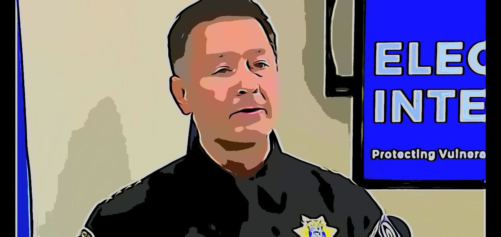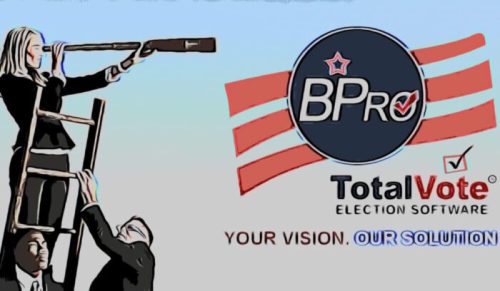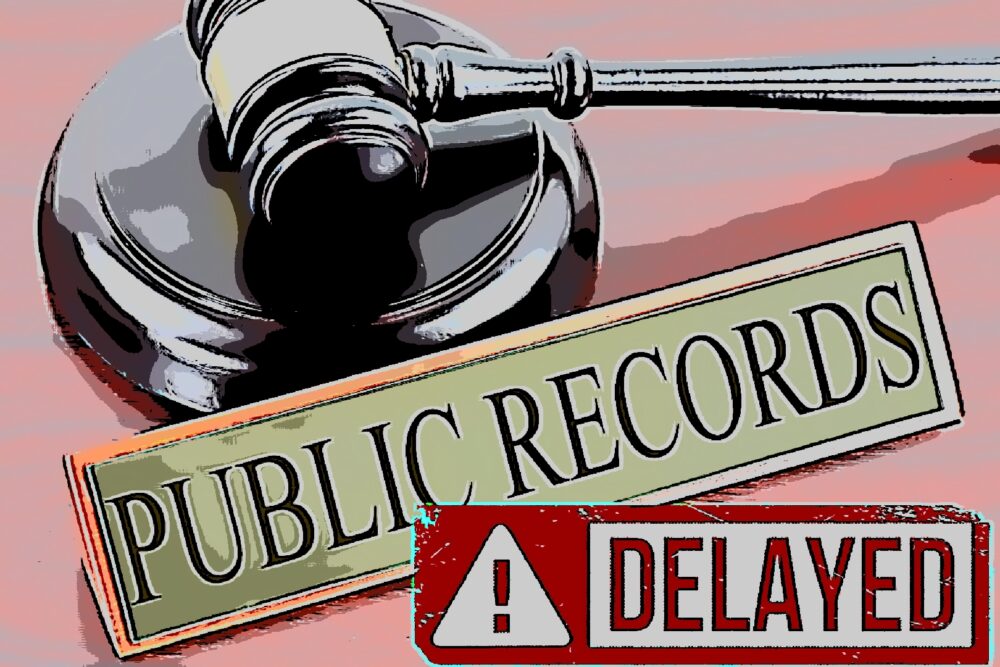This article is going to deal with specific and demonstrable violations of election law. Take note that there are other articles on problems with voter rolls usually focused on inaccuracies, but that’s not the case here. State statute RCW 29A.08.620 requires counties to request change of address (COA) information from the postal service, known as National Change of Address (NCOA) data, for all mail ballots.
There are a few exceptions, but the law essentially requires a choice between two options: update the new address if in county, or inactivate the voter if the move is out of county or cancel if the move is out of state. Inactivating a voter essentially means they remain on the rolls but won’t get a ballot unless they request one.
Anyone with the proper skill set who pays to get the NCOA data from the USPS should be able to compare this information with the WA voter rolls (available to the public from the SOS) to confirm whether or not the procedures in the above mentioned law are being followed.

If the procedures are being followed what the data should show from the registered addresses is maybe a handful of very recent COAs to be processed. However, from the records that were examined that isn’t the case. There are COAs going back as much as 4 years in the NCOA data and with a rate of hundreds per 50,000 voters.
Statewide there could be up to 100,000 in a general election where the procedures are not being followed, and possibly more addresses in a presidential year. If this is correct, there are at least tens of thousands of violations of state election laws every year.
The two most obvious options to explain this are:
- 1. The State is providing an incomplete list of NCOA data to the counties. In that case, the State is contributing to State law being violated and possibly Federal law as well.
- 2. The Counties are not following procedure in the State statute. In that case, the Counties are violating State law.
Efforts were made to find out what is going on that reached a deadlock because the State is blaming the Counties, and the Counties put the blame on the State. No conclusive evidence from either side was provided. (Update: According to the State’s election director only the State has the information needed to make the determination. Counties have to request the info from the State. Stay tuned.)
In an election system shrouded in secrecy, citizens are expected to “trust the system.” But if the officials running the system aren’t even obeying the laws that are meant to govern the system, this seems like a tall order.
In fact, the way it’s supposed to work is “we the people” are meant to have oversight of the government that “we the people” have established so that “we the people” can keep those running that government in check. Unfortunately today it seems that’s no longer the case.




